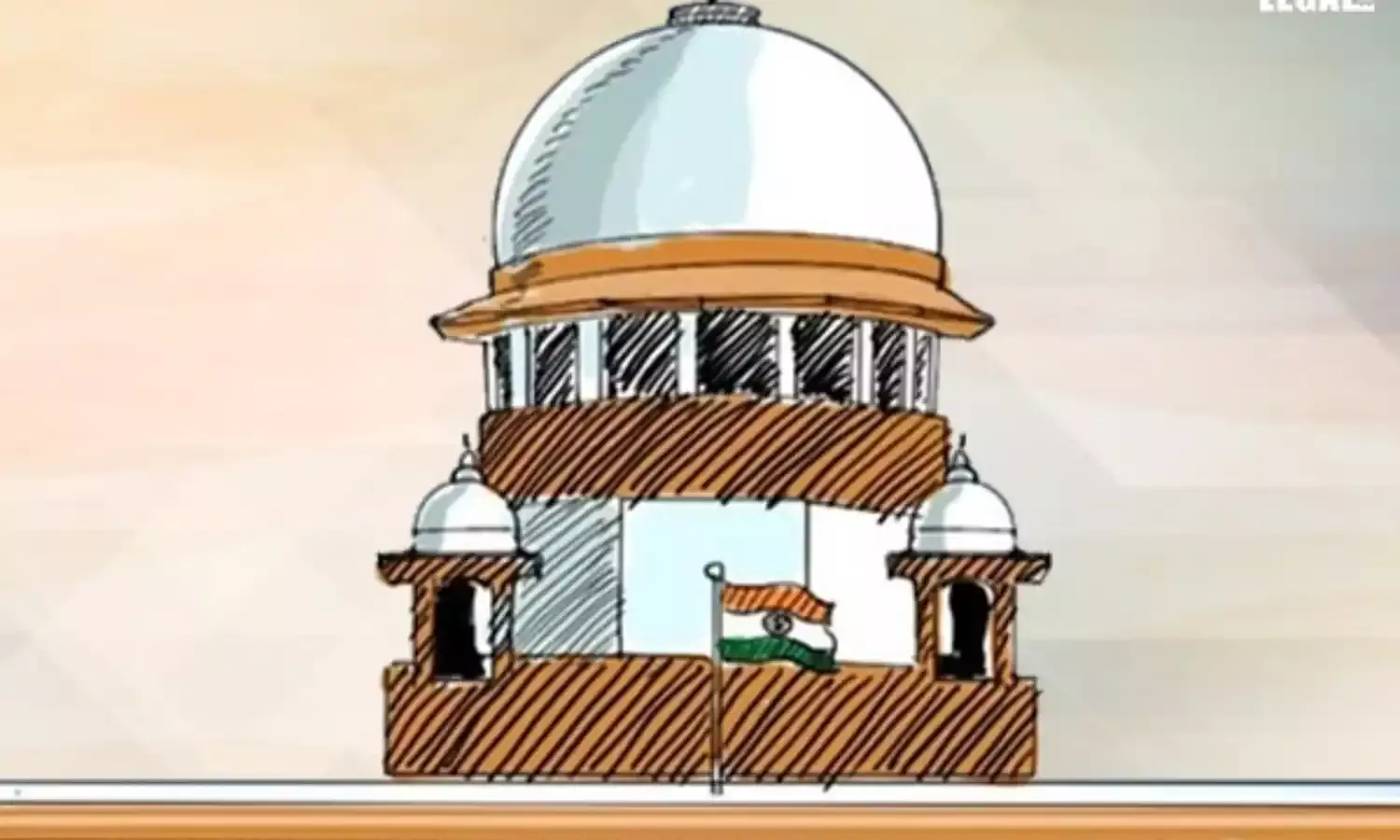Supreme Court Expands Arbitration Scope: Cancellation of Deeds Is Action “In Personam”, Not “In Rem”
In a December 15 ruling, the Supreme Court upheld that the arbitrability of a property dispute is based on the broad scope;

Supreme Court Expands Arbitration Scope: Cancellation of Deeds Is Action “In Personam”, Not “In Rem”
In a December 15 ruling, the Supreme Court upheld that the arbitrability of a property dispute is based on the broad scope of the Tripartite Agreements' arbitration clause. The Court dismissed the argument that cancellation of a deed, an “action in rem,” cannot be arbitrated, instead classifying it as an “action in personam” and therefore suitable for arbitration.
Observing the foundational role of the Tripartite Agreements, the Court acknowledged their influence on all subsequent agreements, encompassing the ones underlying the current dispute.
Although the Conveyance Deed and Development Agreements, at the heart of the dispute, lacked an arbitration clause, their origin in the Tripartite Agreements, featuring a comprehensive arbitration clause, supported the lower court's decision to refer the matter to arbitration.
In a unanimous decision, Justices Aniruddha Bose and Sudhanshu Dhulia endorsed the reference of this property dispute to arbitration. Their ruling affirmed the earlier decisions of the Trial Court and the High Court, which found that the broad language of the arbitration clauses in the two Tripartite Agreements (2007 & 2008) encompassed the appellants' present claims raised before the Civil Court.
In a civil suit, the present appellants, acting as plaintiffs, sought a court declaration annulling a Conveyance Deed and terminating registered Development Agreements.
But the defendants (now respondents) invoked Section 8 of the Arbitration Act, citing the Tripartite Agreements' clause to argue the dispute must be arbitrated. They claimed these agreements underpinned the challenged Deed and Development Agreements.
Granting the defendants' Section 8 application, the trial court and subsequently the Bombay High Court upheld arbitration, prompting the appellants' appeal to the Supreme Court.
To understand the Supreme Court's reasoning, it is pertinent to first examine the crucial arbitration clause contained in the Tripartite Agreements. This clause states that “any disputes or differences between the Parties hereto in relation to this Agreement or in relation to any matter touching or arising from this Agreement, the parties shall refer such disputes and differences to the arbitration under the provisions of the Arbitration & Conciliation Act, 1996 or any statutory modification thereof.”
Underlining the limited judicial involvement in arbitration matters, the Court delved into the 2015 amendments of the Act, which reinforce this restricted role.
To curb judicial interference in arbitration, the 2015 amendments to Sections 8 and 11 narrowed the court's role in verifying the existence of a valid arbitration agreement.
Relying on the foundational nature of the Tripartite Agreements and the expansive scope of their arbitration clause, the Court justified the referral to arbitration as the appropriate course of action in this case.
Rejecting the appellants' argument that the civil suit was non-arbitrable, the Court relied on established precedents like Booz Allen and Vidya Drolia. Examining the present case in light of these precedents, the Court concluded that the dispute did not fall into any of the categories deemed non-arbitrable in the cited cases.
The Court further considered the appellants' contention that the dispute constituted an “action in rem,” rendering arbitration unsuitable. Responding to this argument, the Court relied on the precedent established in Deccan Paper Mills (2021). In that case, the Court had already determined that suits seeking cancellation of deeds or declarations concerning them, regardless of their specifics, are considered “actions in personam” and therefore fall within the purview of arbitration.
Dismissing the unsubstantiated fraud claim, the Court reiterated its stance that arbitration cannot be avoided by mere “bald allegations,” only serious fraud allegations can challenge arbitral jurisdiction.
Finding no reason to overturn the lower courts' rulings, the Court upheld the arbitration referral and dismissed the appeal.

